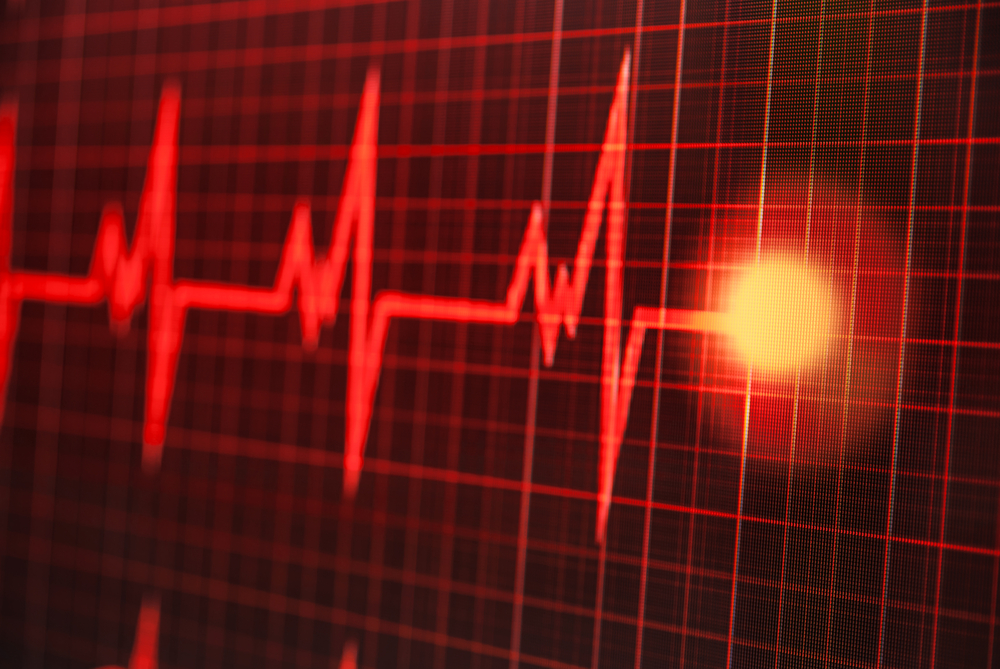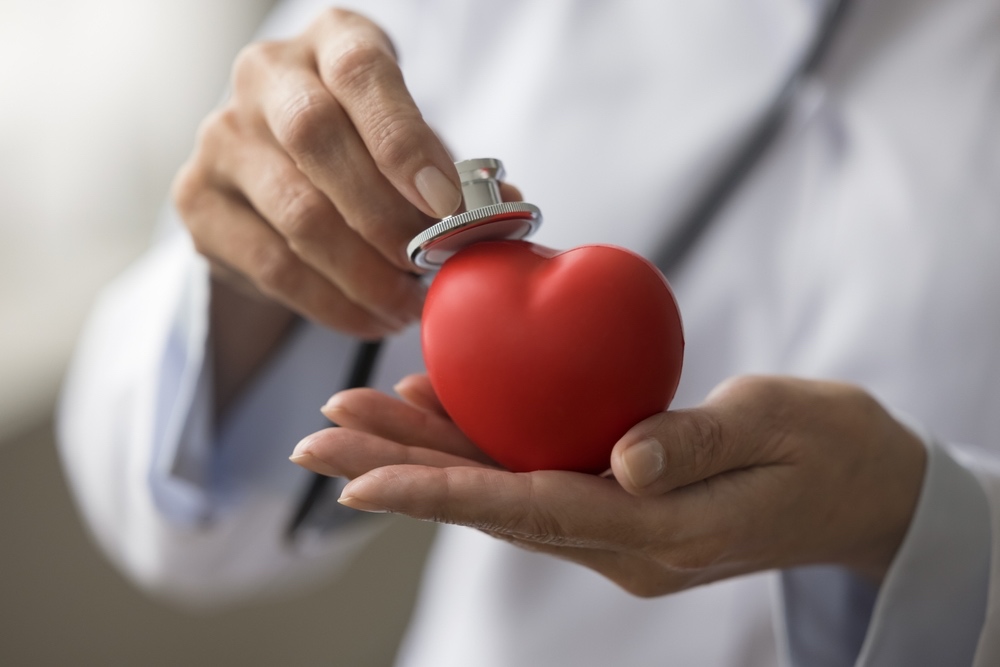EXPLAINER: What is cardiac arrest and what are its symptoms?
The family of renowned restaurateur Margarita Forés confirmed that she died of cardiac arrest.
They shared in a statement sent to PhilSTAR L!fe that the award-winning chef passed away in Hong Kong on the morning of Feb. 11. Know more about what her family said in their official statement about her sudden death here.
Margarita founded CIBO in 1997 and has since opened more than 30 locations in different parts of the Philippines. She also owned other restaurants: Lusso, Grace Park, and Alta.
She was 65 years old.
Cardiac arrest, explained: Definition, causes, and symptoms
Dr. Marcellus Ramirez—a consultant for internal medicine and cardiology, cardiac electrophysiology, and pacing at the University of Santo Tomas Hospital—told L!fe that cardiac arrest is "a condition where the heart stops beating suddenly and there’s cessation of blood flow to different parts of the body, foremost to the brain."
"The person loses consciousness immediately and collapses," he said.
Dr. Anthony Leachon, a health reform advocate who also specializes in cardiology, explained to L!fe that it's usually caused by arrhythmia and ventricular fibrillation.
"Arrhythmia occurs when electrical signals in the heart are the problem leading to an abnormal heartbeat," he said.
Ventricular fibrillation, meanwhile, is a type of arrhythmia where there's "chaotic electrical stimulation of the heart at a rate of 400-500 beats per minute in which there is sudden loss of pumping activity," per Ramirez.
"In some cases, cardiac arrest may be due to sudden loss of any electrical stimulation known as asystole or flatline on the electrocardiogram," he continued.

While there's essentially no warning signs of cardiac arrest as it occurs suddenly, Ramirez said that there are symptoms of conditions that can lead to it, including severe chest pain and breathing difficulties.
Leachon noted that a heart attack is a key cause of cardiac arrest. Aside from intense chest pain and shortness of breath, other possible warning signs include extreme tiredness, back pain, flu-like symptoms, belly pain, nausea, and vomiting.
What to do if someone is showing signs of cardiac arrest
Cardiac arrest usually occurs outside the hospital, said Ramirez. It's dangerous, though survival is possible with fast, appropriate medical care.
If you're alone with an adult who is showing signs of cardiac arrest, Leachon suggested calling emergency hotlines for immediate help.
"While waiting, check for no breathing or only gasping. If the person isn't breathing or is only gasping, begin CPR (cardiopulmonary resuscitation) with compressions," he added.
"The only way to treat cardiac arrest is to defibrillate the patient (an electrical shock delivered to the person’s chest) and to do CPR," Ramirez said. "It's important to know CPR. Anyone can learn."
How to prevent cardiac arrest
Per Ramirez, those who are dealing with heart problems—like coronary artery disease, previous heart attack, heart failure, viral myocarditis (cardiac muscle infammation), valvular and congenital heart disease, and cardiomyopathy (group of diseases of the heart muscle)—as well as cardiac electrical disorders such as Brugada syndrome (abnormal electrical activity of the heart) and Long QT syndrome (disorder that triggers fast heartbeats) are at risk for cardiac arrest.
Leachon noted other risk factors such as obesity, hypertension, diabetes, stressful conditions, unhealthy lifestyle, and lack of sleep.

"The prevention of heart disease and its complications is important in order to prevent cardiac arrest," Ramirez said, adding that this may be through healthy lifestyle and behavioral modifications.
Leachon suggested being physically active, giving up smoking, reducing your alcohol consumption, and keeping blood pressure under control.
"For patients who already have heart diseases at risk for cardiac arrest, proper maintenance medications are essential to prevent it," Ramirez continued.
"For selected patients with poor heart function (low ejection fraction on the echocardiogram), an implantable cardioverter-defibrillator (ICD), a special device inserted to treat and prevent cardiac arrest, may be necessary," he added.


